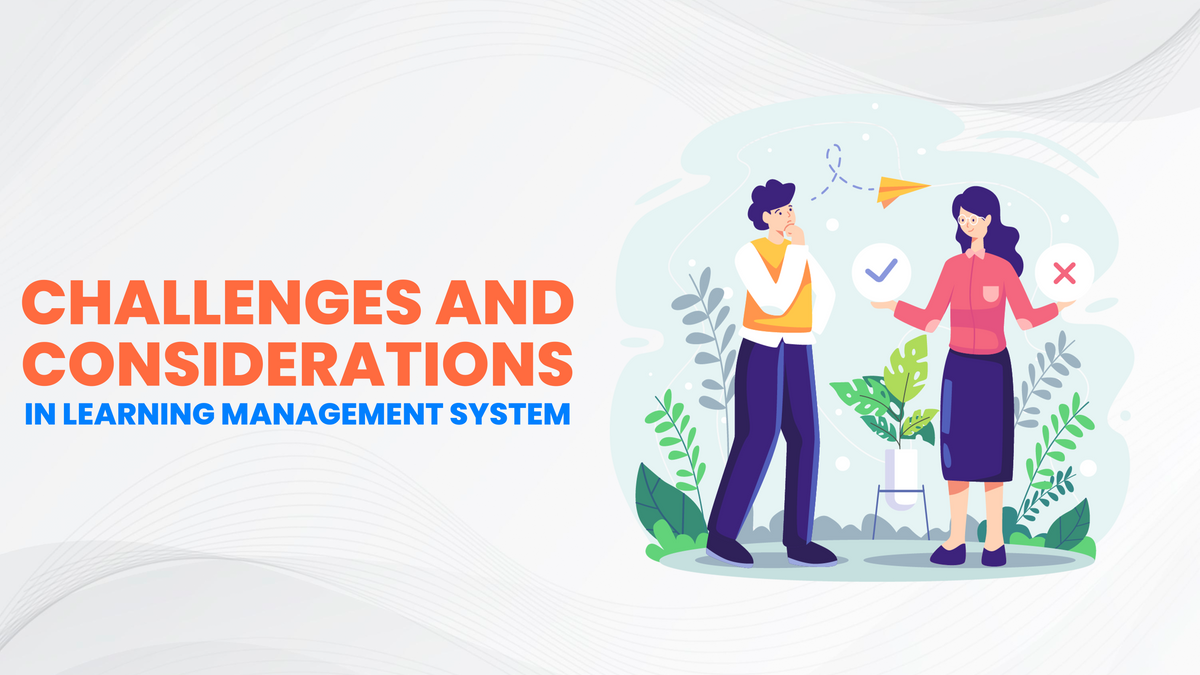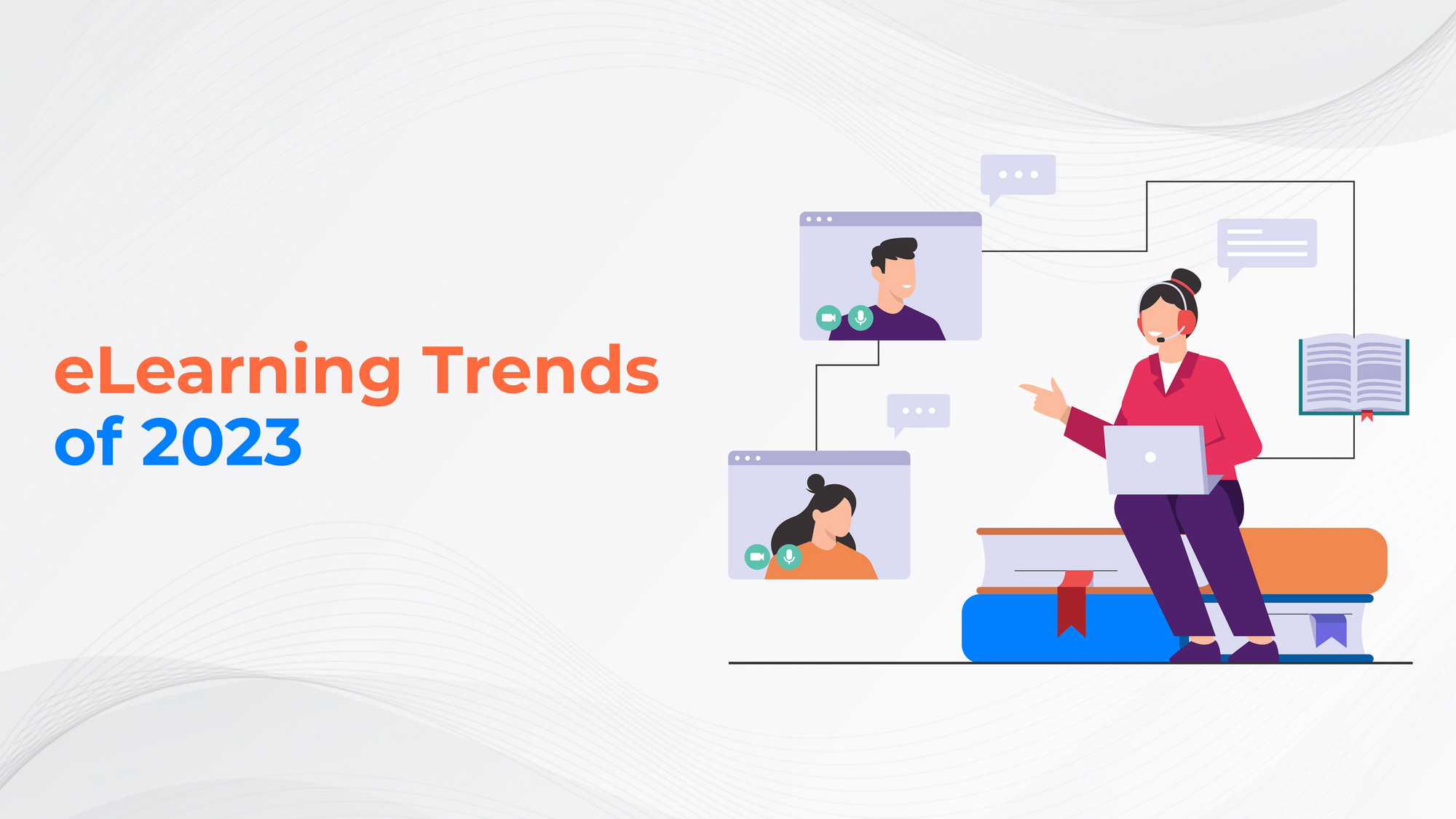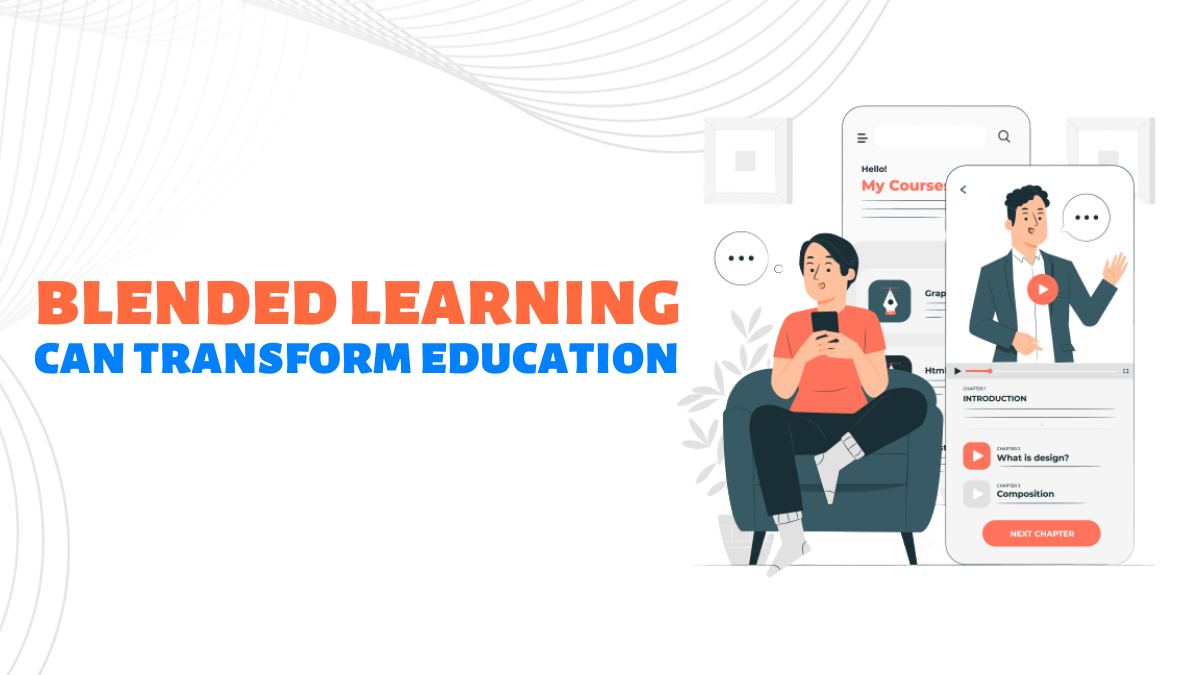In today’s ever-evolving business landscape, having a Learning Management System (LMS) in place is essential for any organization looking to improve its operational efficiency. An LMS allows users to create, organize and deliver eLearning programs as well as track employee progress. In addition to increasing productivity and scaling training initiatives, an LMS helps employers provide better onboarding experiences for new hires. While investing in an effective management system can benefit your organization, several challenges and considerations need to be addressed before implementing it.
What is LMS?
Learning Management Systems (LMS) are solutions that enable organizations to manage and deliver educational experiences for their students, employees, and customers. An LMS provides a platform for creating learning content and tracking user activity, performance, and engagement.
Implementing an LMS
An ideal LMS should be easy to use and customize; it should offer various tools to manage training materials including course creation tools, assessment management capabilities, grade books, and student collaboration spaces; as well as the ability to track learning progress. It should also have reporting features that allow users to monitor performance data in order to measure the effectiveness of their courses. In addition, an effective LMS solution should include social learning opportunities such as forums or discussion boards so users can interact with each other while they learn; this helps create a more engaging and interactive experience which can result in improved knowledge retention amongst learners.
Types of Learning Management Systems
The first challenge is identifying the right type of system that meets the needs of both learners and trainers. Research should be done into different types of systems available on the market and what each one offers in terms of features, cost-effectiveness, and usability. Learning Management Systems (LMS) have revolutionized the way educators and trainers deliver content to their students. An LMS provides a platform for instructors to easily manage and deploy digital course materials and track student progress. There are numerous different types of LMS available today, each with its own set of features and functionalities designed to meet different needs.
The two key types of LMS are open-source systems and proprietary systems. Open-source platforms allow users to customize the software according to their own needs, while proprietary systems typically come with all the features already built. Other popular types include cloud-based LMS’s, which provide flexibility in hosting courses virtually; self-hosted systems that can be implemented on local servers; as well as mobile learning solutions designed specifically for learners on the go.
Challenges of using LMS Implementation
Implementing an e-learning Learning Management System (LMS) for your organization can be an exciting and rewarding endeavor. However, it is important to recognize the challenges associated with introducing an LMS in order to maximize its potential. There are three key areas of concern with managing an LMS: technical complexity, user adoption, and cost implications.
Key challenges of using a Learning Management System
Technically speaking, use an LMS platform involves multiple components that must all work together seamlessly in order to provide learners with a successful implementation of a reliable, engaging platform. This requires familiarity with the technical aspects of setting up and integrating various software components as well as management of user accounts and data security protocols. Additionally, there may be issues accommodating different types of learners within the same system due to their varying technology aptitudes or abilities.
Benefits Of key LMS
The global pandemic has changed the way we work and conduct our lives in many ways. As social distancing has become a necessary part of our daily lives, learning organization are now looking for ways to continue their operations without compromising the safety of their employees. One effective tool that can help them do this is Learning Management Systems (LMS).
An LMS is an online platform that allows a management system for your organization to deliver educational material to their employees or students through digital resources. Using LMS functionalities to increase efficiency provides numerous advantages such as reduced costs, increased convenience for learners, and improved accessibility to materials. Furthermore, the course management with the right tools and features, an LMS also enables organizations to track learner progress and measure success. It allows them to monitor employee training activities while ensuring that they adhere to compliance standards with ease. These features make it easy for organizations to manage complex projects which require continuous learning.
To Wrap: LMS challenges
In conclusion, BrainCert LMS has many advantages, such as providing an organized platform for students to access educational material and track their progress. With BrainCert, educators are able to create engaging content and provide support to students with learning outcome in a timely manner. Not only can they save time but they can also customize the learning experience for each student. These insights allow teachers and administrators to be more effective in their roles. As the demand for online learning continues to grow, Learning Management Systems are becoming increasingly important for educational institutions.










